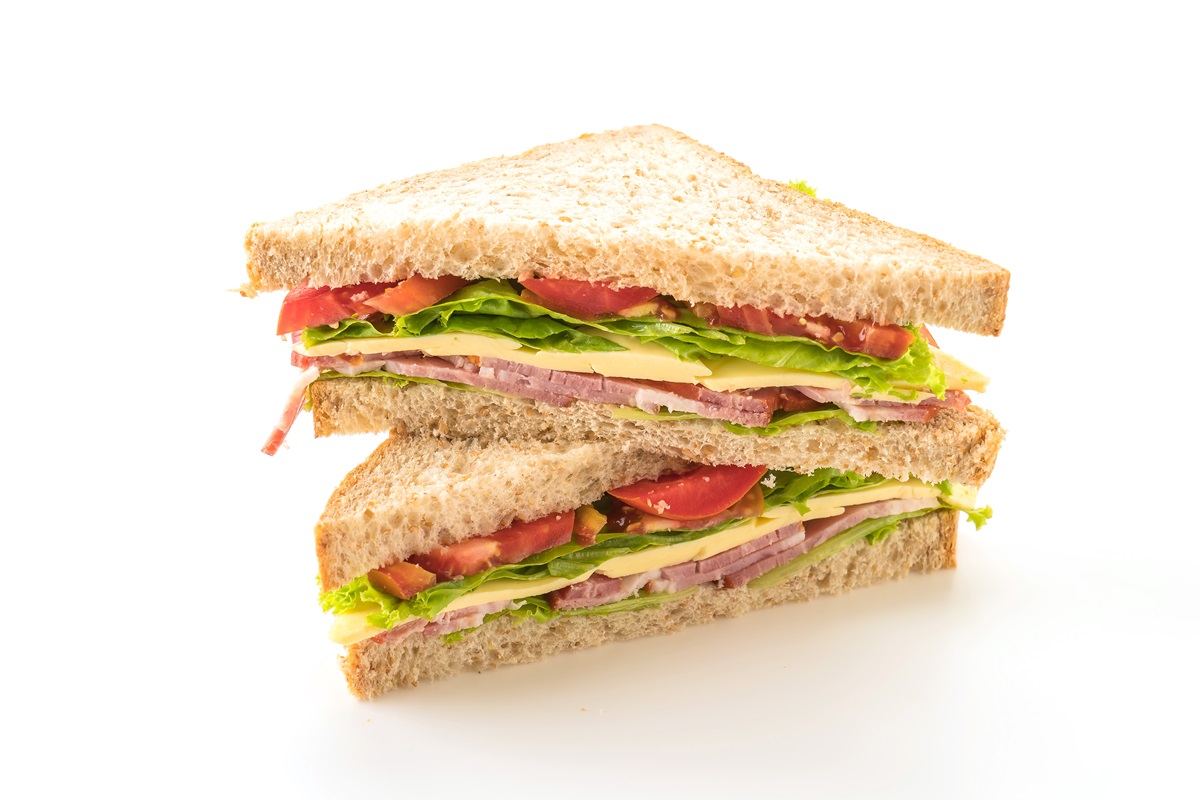Imagine losing your job for buying your wife a sandwich…. sounds rather ridiculous doesn’t it and perhaps even an overreaction. But a recent case between an employer and employee has provided a sharp reminder that the accurate claiming of expenses is a key part of employment policies and even the slightest infringement can carry significant consequences.
As if to further underline the gravity of the case, the employer was the major financial institution, Citibank, and the employee was – wait for it…. a financial crime analyst!
Within the limits
The case hinged on the decision by Citibank to sack the employee for gross misconduct when he submitted expenses claims for food that he stated was within the limits set out by the company. He felt that the claim in question, which was for two lunches, consisting of sandwiches and drinks was ok because he had stayed within the company’s daily expenses limits. When challenged about the fact there were two meals on each expense, he said he had (in the example given) eaten both sandwiches, having skipped breakfast.
In reviewing the case, it seems the issue was not the presence of his wife on the trip, but the fact that when challenged about the additional costs, he had falsely claimed they were his despite being given multiple opportunities to ‘fess up’. The result was he was dismissed from his role for gross misconduct.
There did not appear to be any question about the fact that his wife had joined him on the trip and that they were sharing a hotel room, which one assumes was also on expenses. It also leaves one assuming that her travel costs had been met privately. It all hinged on the sandwich and significantly the misrepresentation, on questioning about the claim.
Limits not targets
In mitigation, the employee had made clear that all his expenses had been within the €100 daily allowance stated in the expenses policy. When the claim for the additional meal had been queried, he had asked what the concern was as he didn’t think he should have to justify his eating habits – referring to the fact he claimed he had skipped breakfast that day and ate the second sandwich to make up for it. But the judge hearing the tribunal said the case was “not about the sums of money involved” and that it was a matter of misrepresentation. Therefore, more of an ethical issue.
The case is a good reminder that when claiming expenses, limits are not set as a target and should not even be viewed as a benefit to be taken regardless. They are typically a cap designed to encompass a wide variety of territories and to give individual employees sufficient opportunity to find sustenance whilst away from home on company business.
It also highlights the need for company policy to be as explicit as possible. Just because someone eats steak and foie gras at home every night, an expenses policy would not expect them to live up to this standard whilst away from home. But few policies are likely to give working examples or be this prescriptive, with many, like Citibank’s, clearly offering some ambiguity or room for interpretation as the sandwich case highlights.
Some companies will be far stricter than others in their expenses policy. For instance, stating preferred hotel brands or booking platforms and a daily breakdown of expenses limits outlining breakfast, lunch and dinner allowances and the triggers for being able to claim each. But even these can create their own workarounds.
So, business owners need to be clear with staff about the intention of their policy and to provide narrative around the moral and ethical nature of it, not just the black and white detail or limits and allowances.
